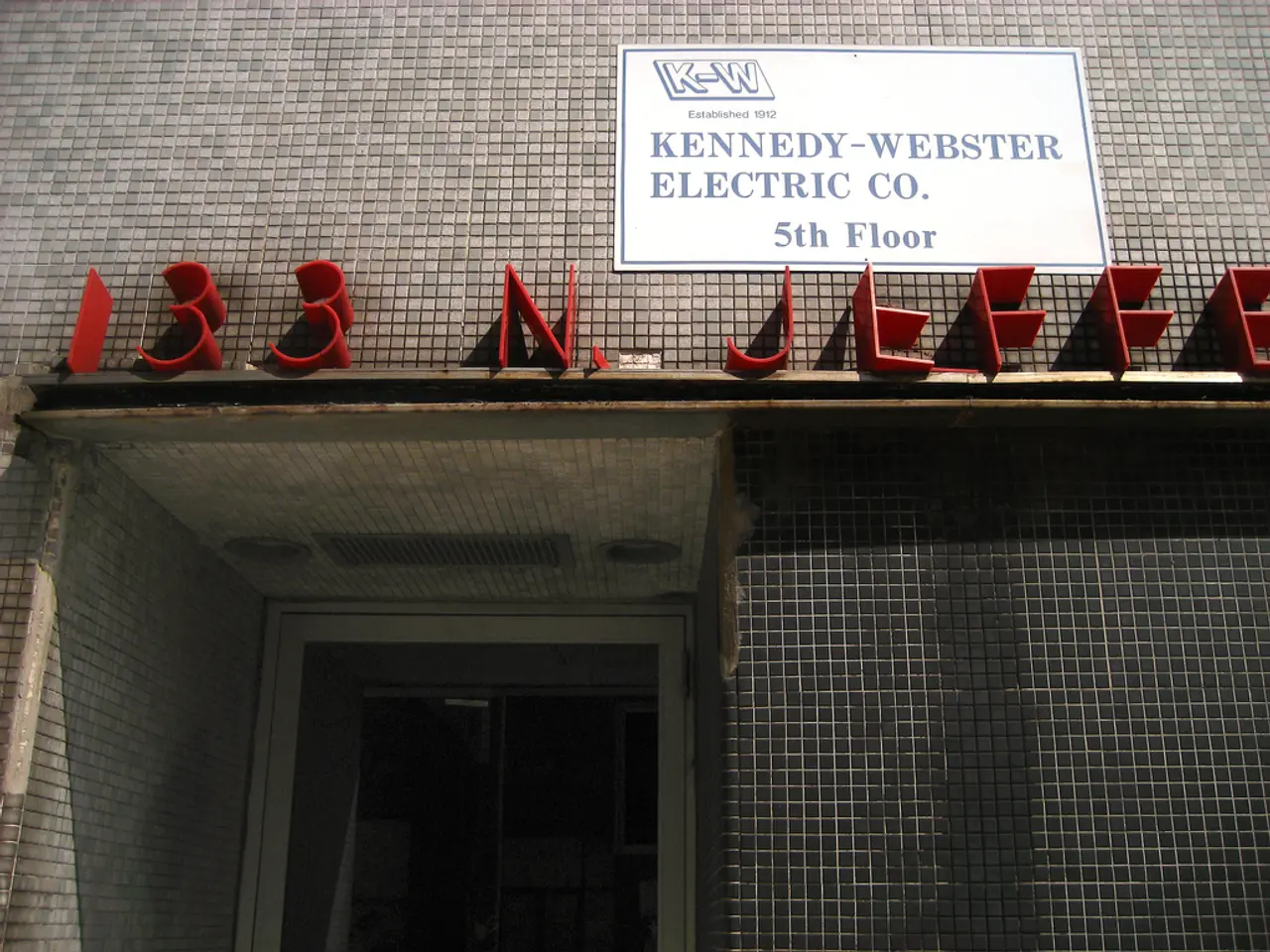Organizing Hawaii's sustainable housing solution, extending from surfboard development.
In the heart of Hawaii, where the housing crisis looms with median home prices around $784,500, a innovative solution is taking shape. A local company has developed a process to convert polystyrene foam from surfboards into building materials for affordable, disaster-resistant homes.
This groundbreaking project, known as 'Surf Blocks', is the brainchild of David Sellers, an amateur surfer and professional architect. The building materials are made from 85% recycled expanded polystyrene (EPS) foam, which is commonly found inside surfboards. By recycling this foam, the project addresses the significant waste generated by surfboard manufacturing while promoting local green jobs and sustainable business practices.
The affordability crisis in Hawaii, where only one in five households could afford a single-family home in 2024, is addressed by the Surf Blocks project. Houses made of Surf Blocks require about one-third of the concrete needed for breeze block construction, making them a more financially accessible housing option.
Surf Blocks provide superior insulation, acoustic damping, and resistance to mould, pests, and mildew. They also exhibit excellent insulation properties, reducing energy consumption and utility bills for residents, which is critical in Hawaii’s climate. Moreover, Surf Blocks have high resistance to natural disasters such as hurricanes, earthquakes, and fire, a significant advantage in a region devastated by wildfires in 2023.
The Lahaina fires left 2,200 homes in need of reconstruction, and the Surf Blocks project offers a solution. There are plans to expand the use of Surf Blocks across the island.
The process of creating Surf Blocks was conceived by Sellers over a decade ago, and manufacturing began two and a half years ago by his firm, Hawai'i Off-Grid Architecture & Engineering. The initiative aims to recycle large quantities of EPS foam from landfills, reduce reliance on imported materials, and promote local businesses with the support of a Green Grant from Maui County.
Francisco Goya, a former world windsurfing champion, acknowledges the challenge of making surfboard manufacturing greener. He shares the vision of a more sustainable future for the surfing industry and the environment.
The first home made entirely of Surf Blocks is nearing completion, and the project attracts attention for its potential scalability. Recycling surfboard waste to create resilient homes could be a climate-adaptive, place-based response to Hawaii's twin crises of housing and sustainability.
In conclusion, the Surf Blocks project offers a practical solution addressing both the supply-side housing problem and ecological concerns related to surfboard waste. By integrating recycled polystyrene foam in building construction, we can contribute to expanding affordable housing options while reducing environmental impacts typical of traditional construction materials.
- The innovative 'Surf Blocks' project, created in Hawaii by a local company, recycles polystyrene foam from surfboards into building materials for affordable, disaster-resistant homes.
- This project addresses the significant waste generated by surfboard manufacturing, promotes local green jobs, and supports sustainable business practices.
- Houses made of Surf Blocks require less concrete and exhibit superior insulation, making them a more financially accessible and energy-efficient housing option.
- Surf Blocks provide resistance to natural disasters and offer a solution for areas devastated by wildfires, such as post-2023 Lahaina.
- By recycling surfboard waste to create resilient homes, we can contribute to expanding affordable housing options while reducing environmental impacts of traditional construction materials, promoting both local sustainability and climate-change adaptation.




